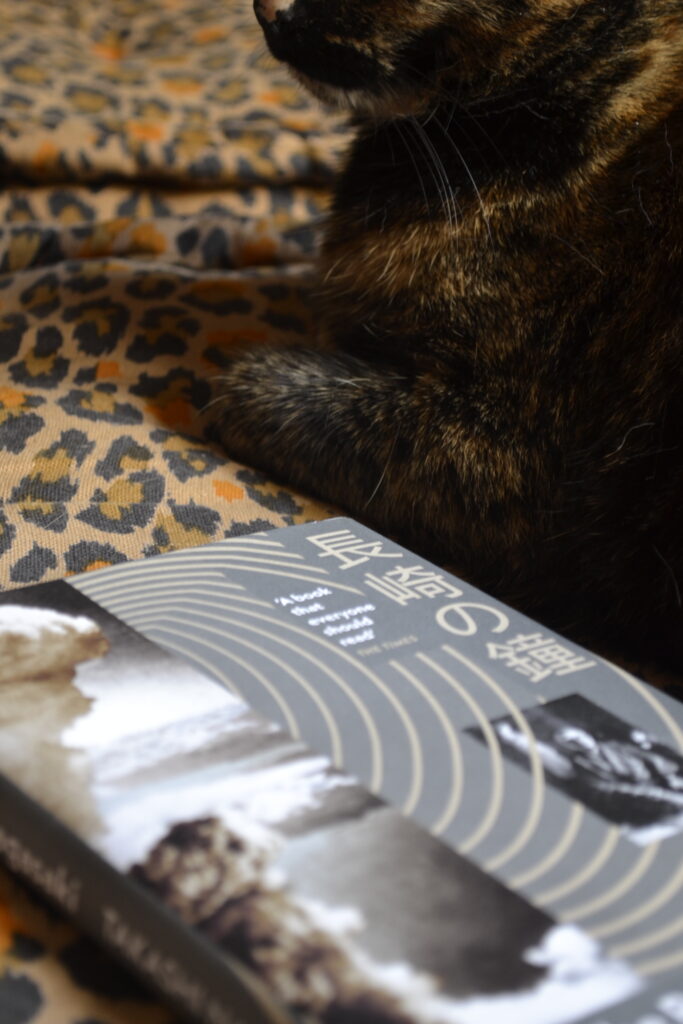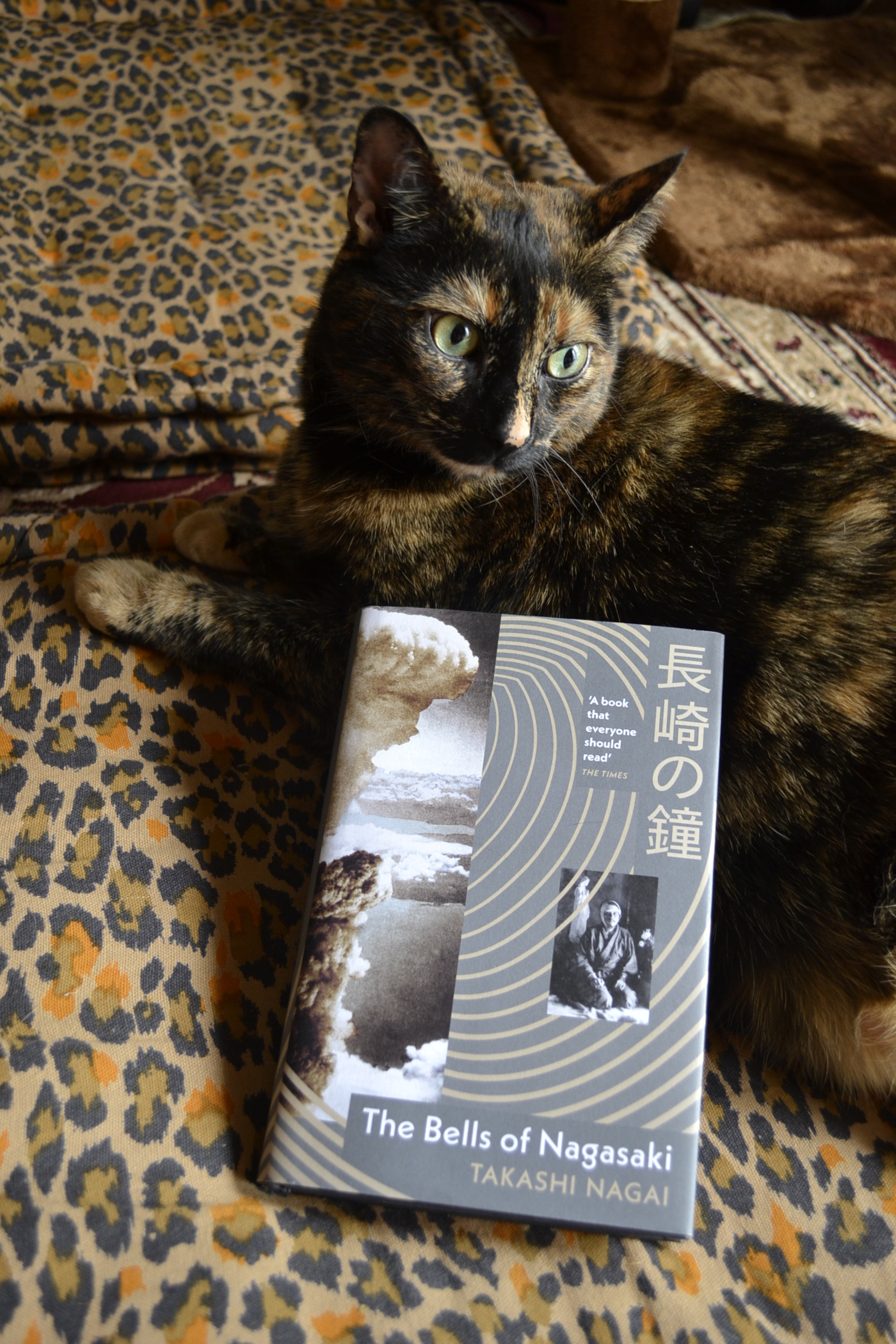Christmas Lists
Since we are seeing family early in December, it’s like the holiday shopping always has two phases. Most years, this works out well. This year? I am perpetually behind. We managed to make a list yesterday and already the logistics of getting everything on that list is buzzing in my head like a horde of angry bees. No, I am not going to go into a rant about the commercialism of Christmas, but wow, I wish I had just a bit more time to enjoy the holly-jolly aspects without wondering what mall I’m going to have to go to next week.
Also? I miss Hudson’s Bay. I miss their window in the flagship downtown Toronto store. I miss their ads. I miss the old department store that my grandmother used to take me to so that she could shop while I ran around the clothing racks. I miss the way things were when I was small. But I think that’s probably an essential part of the human condition.
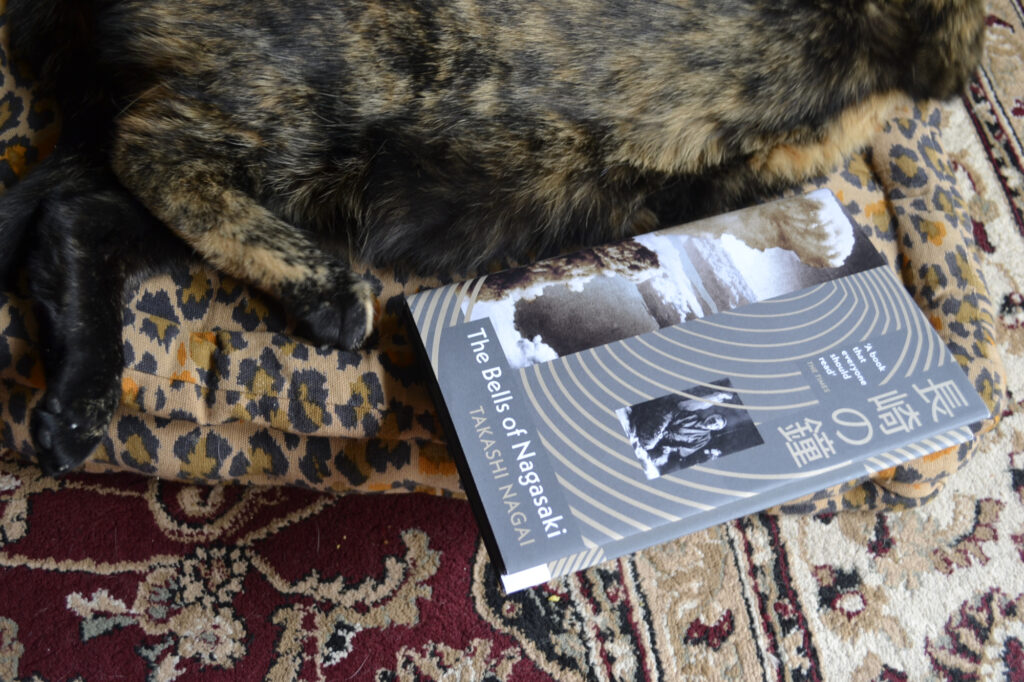
Background Information
Takashi Nagai was a doctor and a survivor of the atomic bomb that detonated over Nagasaki. He was in fact the dean of the radiology department at Nagasaki Medical University Hospital. So his account of the bomb — detailed here in The Bells of Nagasaki — is written from the view of the survivors, focusing primarily on those that worked or were studying at the hospital. Nagai details what happened that morning of August 9th, 1945 before the bomb, after it, and in the months that followed.
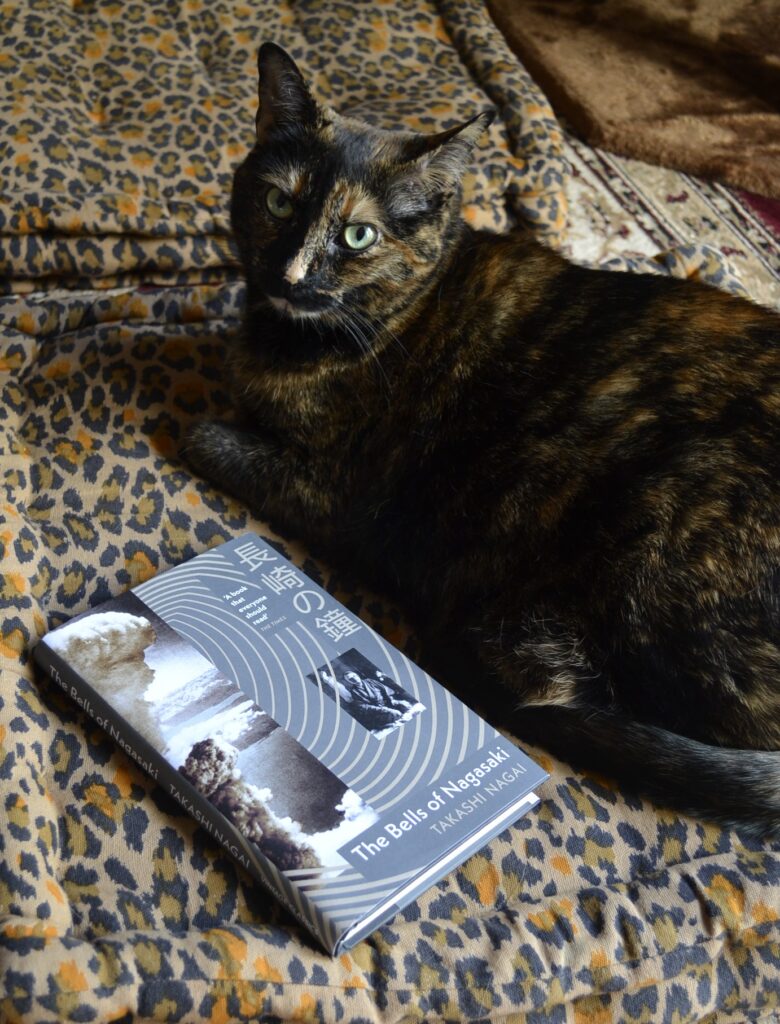
Why It’s Important
Firsthand accounts of the devastation wrought by the atomic bomb will always be important, especially if they honestly and brutally depict the horrors of it. While Nagai does include this content, he maintains a certain detachment that aligns with his role of a medical professional. He doesn’t deny the emotional upheaval of the survivors or their grief, but he also doesn’t engage with it, leaving it to repose under a veneer of writing that sometimes veers into the realm of a medical report.
Not that it isn’t useful to have a medical report, per se. This is the most detailed account that I’ve seen of radiation sickness, its progression, and the variety of medical effects of the blast itself. Because Nagai was a doctor, he is able to present facts baldly and without adornment. However, it doesn’t make it any easier to read, because the reader can still imagine the emotions and the psychological effects even without being provided with them.
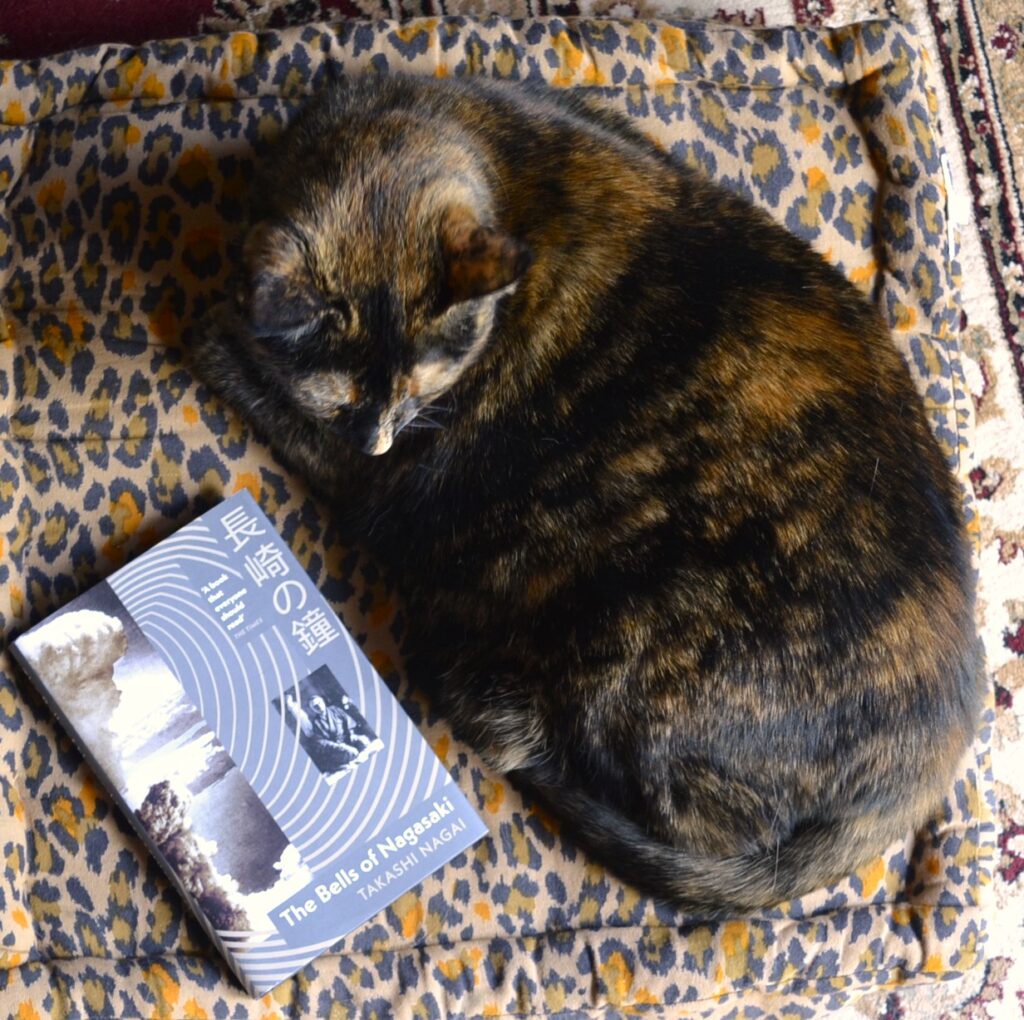
Why It’s Angering
But would I recommend this book? In all honesty, I don’t think I can. Because all of the information and objectivity that Nagai presents in most of the account, falls apart as we arrive at the last chapter or so when he starts to write about why he thinks Nagasaki was targeted. Nagai gets lost in some strange, religious delusions that are painful to read and even more painful to think about when it comes to the victims of the bomb. Calling them some kind of noble sacrifice? No. Nagai seeks comfort from his faith for what he has been through, as a lot of people chose to do. But taking the stories and tragedies of others and weaving them into a story that ignores their individuality, beliefs, lives, and families? Again, no.
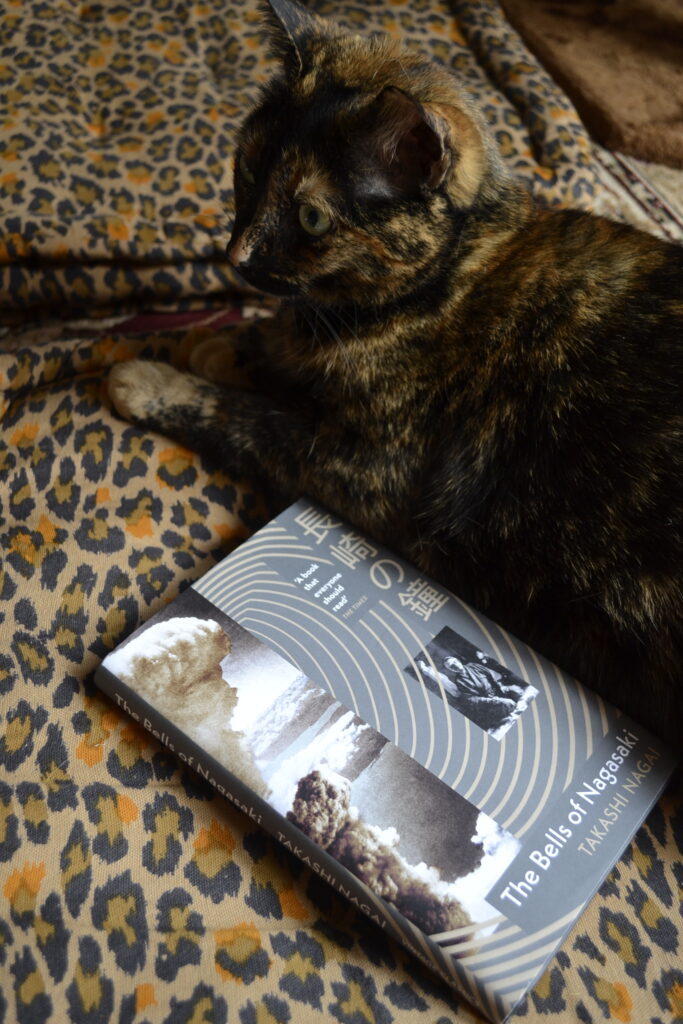
Books I would recommend on this subject? Barefoot Gen. It’s a ten-volume manga series that uses a sharp contrast of style and content to maximal and disturbing effect. It is the account a of survivor woven into a fictional narrative and it is absolutely worth every bit of effort it is to find a full set of it.
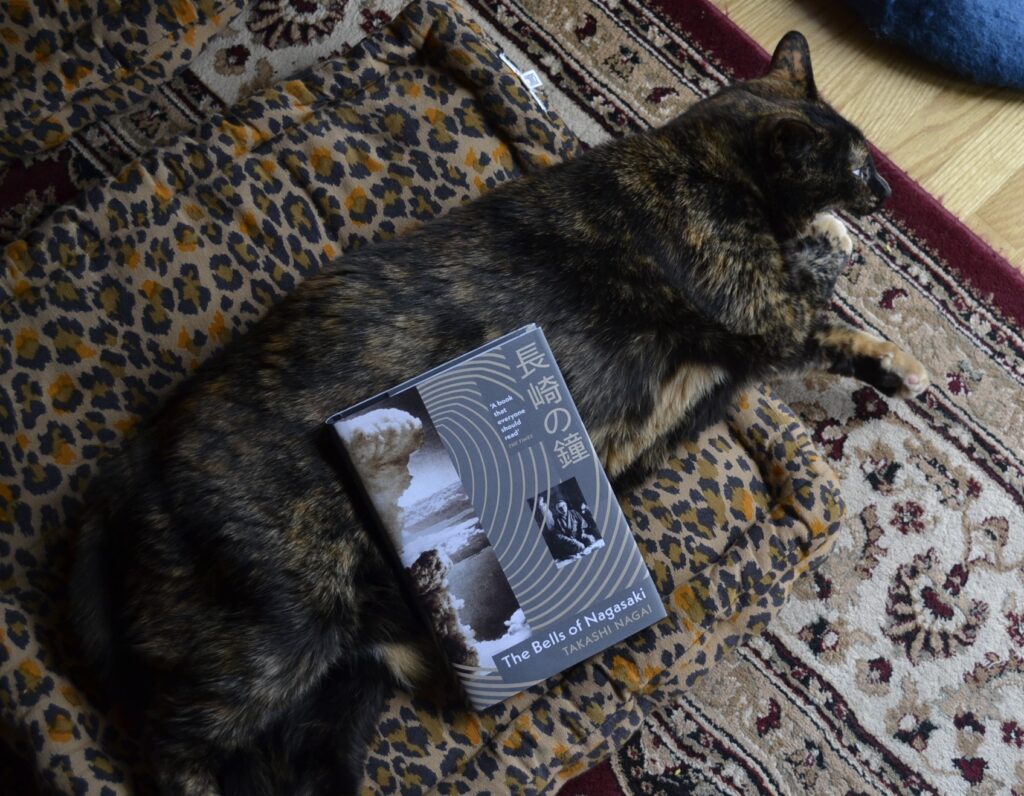
Black Friday Is Coming
Black Friday, for me, is a way for me to feel a bit like my visits with my grandmother to the mall are continuing even after she’s gone. We don’t often purchase a lot, but to some extent it’s about the atmosphere of a crowded food court. I will miss the visit to Hudson’s Bay that used to be part of our day, but I’ll enjoy the Christmas decorations and walking by the mall Santa just the same.
